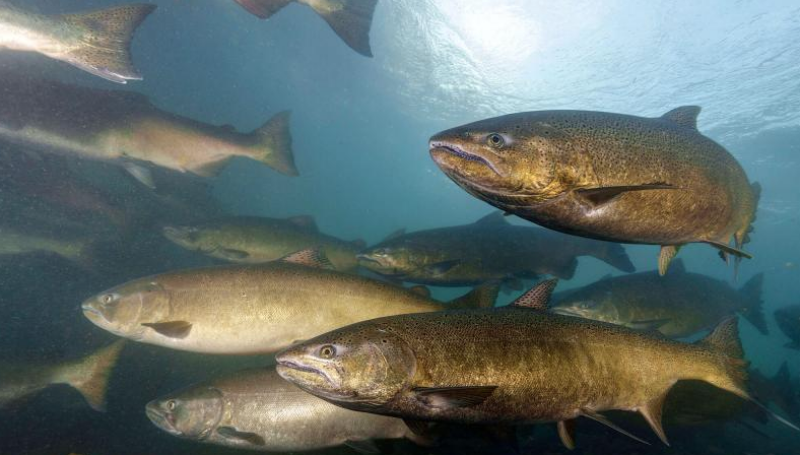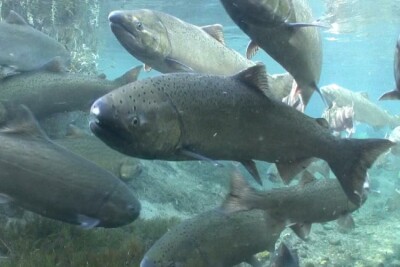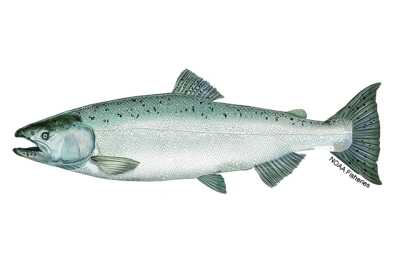The State of Alaska and the Alaska Trollers Association (ATA) filed an appeal on Wednesday to undo a ruling in a U.S. Ninth Circuit court that could shut down the whole Southeast Alaskan king salmon troll fishery this summer.
The state and ATA are co-defendants in the case of Wild Fish Conservancy v. Scott Rumsey et al. The chief defendant is the National Marine Fisheries Service.
On Tuesday, U.S. District Judge Richard Jones upheld a December 13, 2022 decision by a federal magistrate to require federal fisheries biologists and managers to redo the biological opinion that allows for the take of king salmon by the Southeast Alaska troll fleet.
This ruling is the latest in a lawsuit by the Washington-based Wild Fish Conservancy alleging that the NMFS incidental take statement disproportionately restricts the number of Chinook salmon allowed to return to their native waters as prey for the endangered killer whales that spend part of the year in Puget Sound.
Judge Jones wrote in the two-page ruling, “the 2019 Southeast Alaska Biological Opinion is remanded to the NMFS to remedy the Endangered Species Act and National Environmental Policy Act violations previously found by this court in December.”
The state, troller fishermen, and a number of Alaska state legislators criticized the decision.
“The decision to shut down the troll fisheries based on flawed biological opinion sets a dangerous precedent for managing fisheries by lawsuit rather than sound science,” Sitka state Rep. Rebecca Himschoot said in a press release Wednesday.
Southeast Alaska’s troll fishery directly employs 1,500 fishermen, with 85 percent of troll permit holders living in Southeast Alaska.
The troll fishery is in the top three of most valuable fisheries in Southeast Alaska coming in at $148 million annually in all economic outputs including restaurants, sales, consumer purchases, transportation jobs, and more. This fishery provides fishing families living in these isolated communities renewable income year after year.
Ashley Green, a fisherman’s wife and industry member working in support of marine safety, says that this ruling impacts hundreds of families that already sacrifice time and money to keep each small-business and vessel in operation. “It still costs us money when the boat is tied up and can’t fish.”
A loss like this to the troll fishermen means that the boats won't be able to be maintained and remain safe for following years.
Considering the impacts that this closure has on Southeast Alaska communities is substantial. The individual fishermen that operate independently within this fishery are being directly affected and considering the impact of multiple closed fisheries in Alaska, there is little hope for these families.
Jeff Farvour, Alaska Longline Fishermen’s Association (ALFA) board member and commercial fisherman says in a May 3 release from ALFA,
“The Wild Fish Conservancy continues to miss the mark when it comes to salmon conservation; instead of attacking local communities and families that rely on wild salmon, they could be supporting meaningful action that leads to real solutions.”
Farvour also says “our fleet and organization will continue to fight Wild Fish Conservancy’s spurious lawsuit and do everything we can to protect the salmon that our fishery and families depend on.”
Many fishermen and their families have openly stated their concern for the future of the career that they not only love, but for the communities that revolve around these fisheries that are continuing to close all around Alaska.







